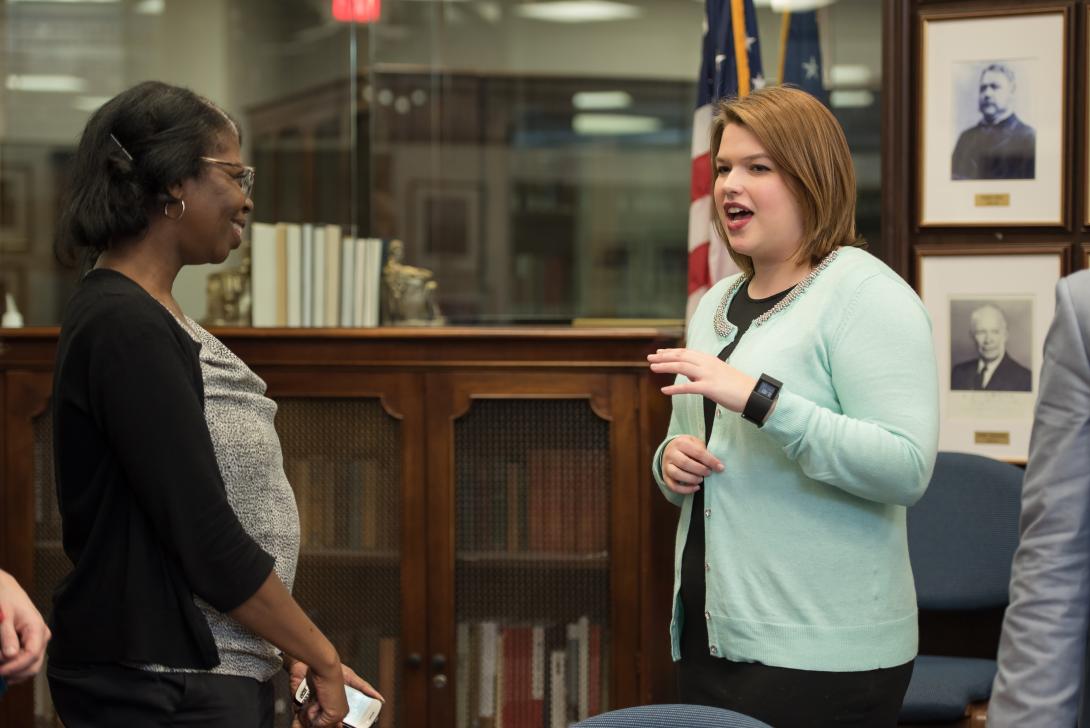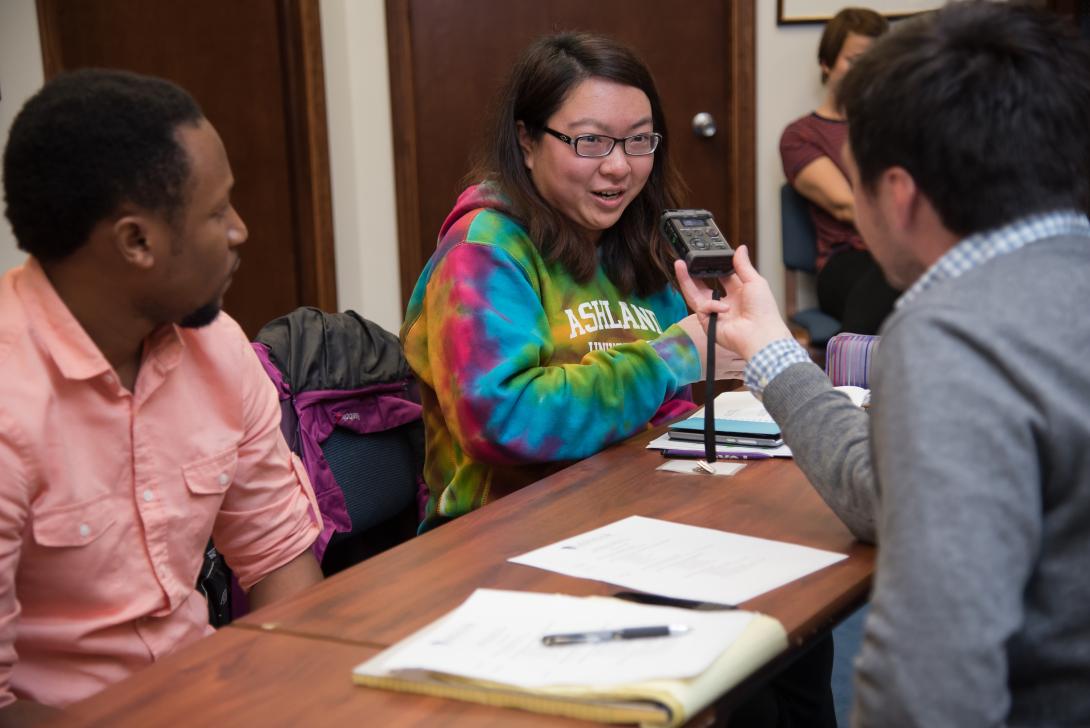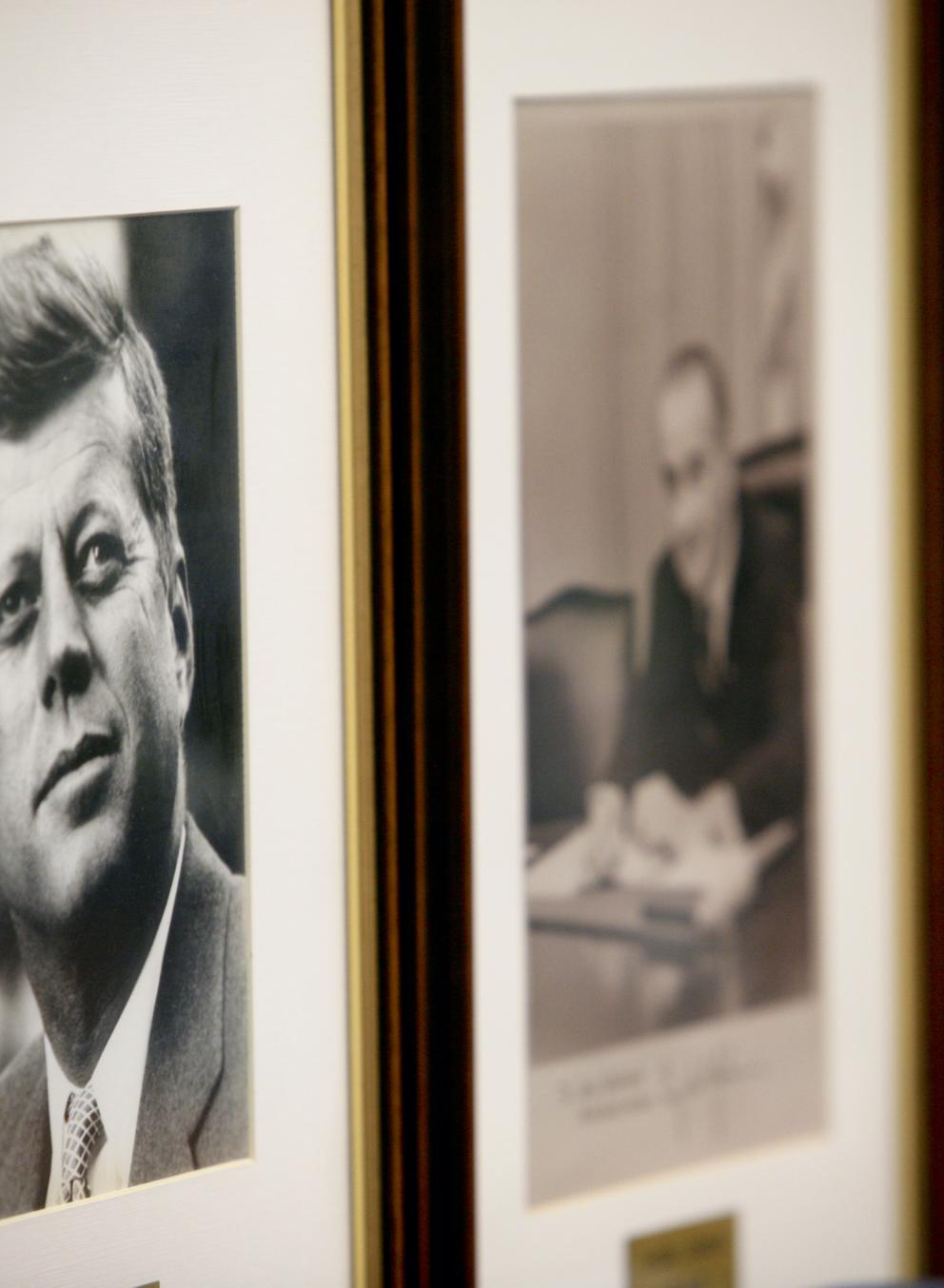Overview
What is good? Who should rule? What is justice? These are some of the questions we aim to answer in the History and Political Science. Our programs allow you to deeply study these very questions alongside engaged professors and peers.
If you want to explore these questions and their impact on modern political dynamics, you will enjoy our immersive programs. You will learn to read, write, speak, think and listen. You will be prepared for careers in a variety of fields, including education, law, government, living history and business.
Image

Learning Experiences
In History and Political Science degree programs, you will:
- Study primary sources, such as the speeches of Abraham Lincoln and Martin Luther King Jr., instead of textbooks
- Learn in conversational classrooms instead of lectures, which encourages the formation and communication of ideas
- Form personal relationships with your professors in small classroom settings and receive individualized attention from them, both during and outside of class
- Benefit from invaluable internships that often lead to career opportunities
Image

Programs
False


